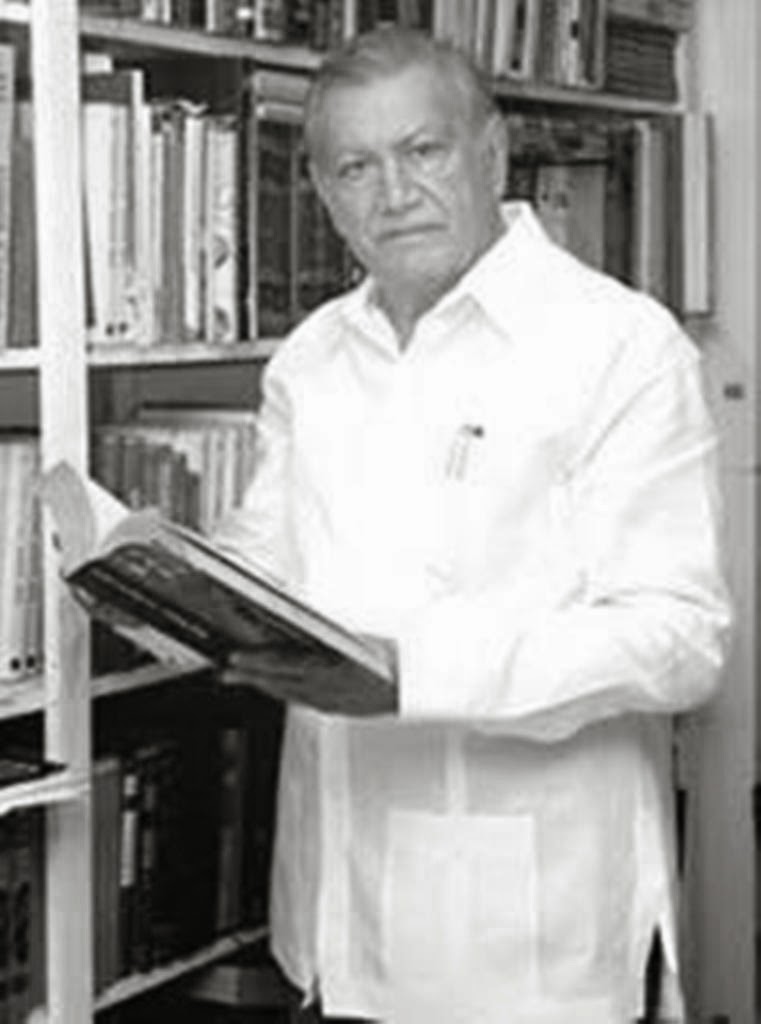I HAVE got an alarming confession to make. I am haunted by a Ghost.
If you were to guess for a hundred years, you would never guess what my ghost is. I shall make you laugh to begin with--and afterward I shall make your flesh creep. My Ghost is the ghost of a Bedroom Candlestick.
Yes, a bedroom candlestick and candle, or a flat candlestick and candle--put it which way you like--that is what haunts me. I wish it was something pleasanter and more out of the common way; a beautiful lady, or a mine of gold and silver, or a cellar of wine and a coach and horses, and such like. But, being what it is, I must take it for what it is, and make the best of it; and I shall thank you kindly if you will help me out by doing the same.
I am not a scholar myself, but I make bold to believe that the haunting of any man with anything under the sun begins with the frightening of him. At any rate, the haunting of me with a bedroom candlestick and candle began with the frightening of me with a bedroom candlestick and candle--the frightening of me half out of my life; and, for the time being, the frightening of me altogether out of my wits. That is not a very pleasant thing to confess before stating the particulars; but perhaps you will be the readier to believe that I am not a downright coward, because you find me bold enough to make a clean breast of it already, to my own great disadvantage so far.
Here are the particulars, as well as I can put them:
I was apprenticed to the sea when I was about as tall as my own walking-stick; and I made good enough use of my time to be fit for a mate's berth at the age of twenty-five years.
It was in the year eighteen hundred and eighteen, or nineteen, I am not quite certain which, that I reached the before-mentioned age of twenty-five. You will please to excuse my memory not being very good for dates, names, numbers, places, and such like. No fear, though, about the particulars I have undertaken to tell you of; I have got them all ship-shape in my recollection; I can see them, at this moment, as clear as noonday in my own mind. But there is a mist over what went before, and, for the matter of that, a mist likewise over much that came after--and it's not very likely to lift at my time of life, is it?














